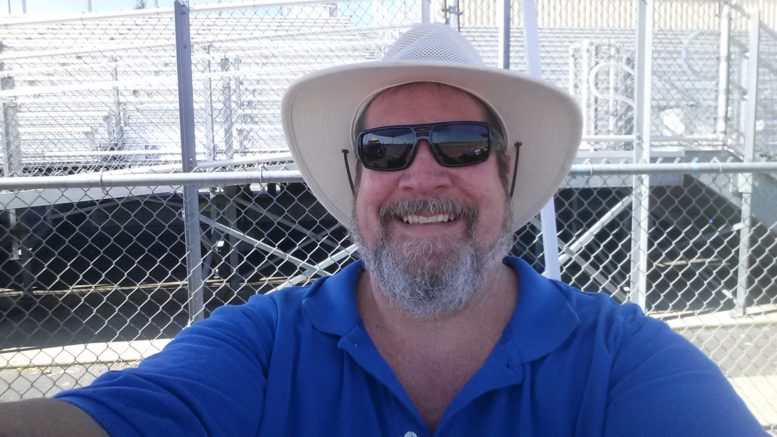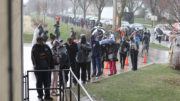A local mental health organization offers resources and advice for tough times
The Sacramento chapter of the National Alliance on Mental Illness—otherwise known as NAMI Sacramento—provides peer resources for those who need support, whether they face lifelong mental illness, or are new to learning how to cope with anxiety, stress and depression.
NAMI Sacramento Executive Director David Bain spoke with SN&R about local mental health resources, and ways to stay social without being “socially distant” during the COVID-19 crisis.
Job losses are leaving a lot of people without health care. What’s a good starting point for people who are seeking mental health resources?
NAMI has a helpline that people can call and leave a message, and someone will call them back with an answer, or who can talk to them a little more about [the resources] they’re looking for. My volunteers I have working the helpline will help direct them.
There’s another organization here in town called HOPE Cooperative, and they also have peer navigators, to help navigate people toward resources that are in existence out there. We’ve always done support groups for people with mental health issues [as well as] for family members who are looking for tips on caregiving and how best to support their loved ones.
If people can make a decision on what it is they want based on what they can find, one of the things [NAMI] is doing now is we’re doing online support groups. This is new for us with the COVID-19 crisis.
Currently, what groups does NAMI run?
Our groups are for anybody. [That could include] schizophrenia, bipolar disorder, schizoaffective disorder, depression, anxiety, post-traumatic stress disorder, obsessive-compulsive disorder… But anybody can come to our groups. They’re not condition specific. We also have people come who don’t have a diagnosis. They just know something’s not right.
Is it accurate to say that some coping mechanisms are relevant to anyone experiencing anxiety and stress?
One of the things that’s been a big change for people, with this sheltering in place—whereas before, they’d been going to work or school, and for some, they’ve been unfortunately laid off—is now they don’t have a routine. And a loss of a routine can be triggering for some people.
Get up on time, get dressed, wash your face, move. Get out of your bedroom. Make sure [you] are getting [a] proper amount of sleep. Sometimes people are staying up too late, or they’re sleeping too long. Sleep is really important, that people maintain proper sleep habits, make sure that they’re rested.
Change your scene. Getting outside is still an important and valuable thing to do. I’m not a fan of the term “social distancing.” I like to take the “social” out and just call it “distancing.” People can still work on creating social networks. You can’t see somebody, hug somebody—well, actually, you can see somebody six feet away if you wanted to—but most of us have cell phones, telephones, we can still talk to people.
Most people have access to the internet still, and can interact that way through social media. Try to stay away from so much news. The media is really focusing on most of the bad stories, and that can also be triggering because it’s never-ending bad story after never-ending bad story, so we tell people to focus less so on the news … recognize the fact that you can absorb too much.
What would you recommend people do to avoid isolating themselves?
Know how things are affecting you and impacting you and … reach out to people. If people aren’t reaching out to you, reach out to other people. Sometimes other people may need you to reach out to them. And you don’t know it, they don’t know it until you … text them. Sometimes calling, but even a text is good.






NAMI Sacramento is providing invaluable support to those who live with mental illness and to their friends and loved ones. Especially in this time of increased stress and decreased personal resources, NAMI Sacramento welcomes all who who need to be heard or to just listen, who need to be reminded that they’re not alone. Their annual fundraising drive is approaching (Saturday May 30). If you’re needing care and support, interested in contributing, or in learning more about this wonderful peer-based group of dedicated mental health care providers, go to https://namisacramento.org . Thanks, and thanks to SN&R for this interview with David L. Bain!